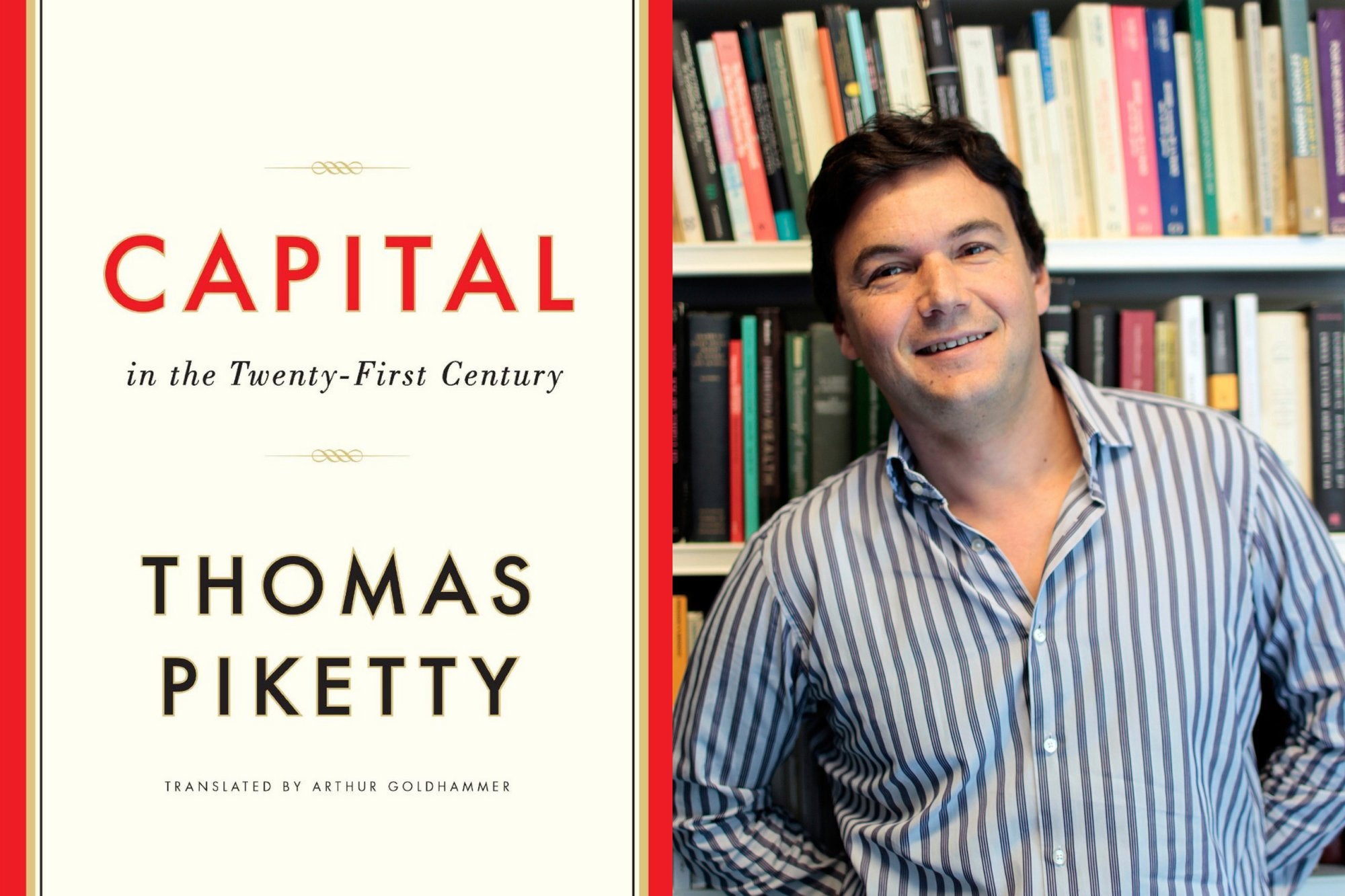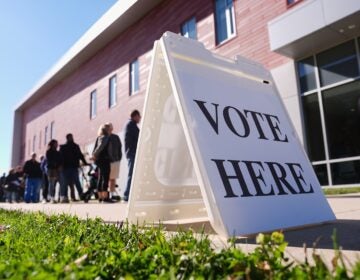Who’s right about increasing inequality, Thomas Piketty or his critics?

French economist Thomas Piketty’s latest book, Capital in the Twenty-First Century, has attracted both praise and criticism for its elegant presentation of the thesis that because the after-tax rate of return on capital, “r”, exceeds the rate of growth of the economy as a whole, “g”, we are headed for a future of increasing inequality and concentrated wealth in the hands of the few which threatens both democracy and social order.
Piketty argues that the optimistic decades of the 1950’s and 1960’s when inequality seemed to be narrowing were in fact anomalies attributable to unprecedented post-war reconstruction and record high rates of taxation which resulted from World War II. Enabled by modern technology, he assembles vast amounts of data showing that the concentration of wealth in the hands of the few owning the most capital is the normal consequence of capitalism, and will continue unless restrained by deliberate government action.
Given the political division in the U.S. and throughout the world in the wake of the great recession, the appearance of Piketty’s carefully argued book is like gasoline added to an already raging fire. Critics have fought back, challenging the data used by Piketty to try to undermine and dismiss his argument.
Those of us without formal training in economics may feel reluctant to wade into the deep waters where the battle is joined. But all of us are qualified to contribute our own experiences and impressions of what has been happening in America and the world over the last four decades.
Piketty’s book is powerful, and a threat to the status quo, because it correlates with and explains what so many people have experienced.
Americans with memories of the early 1970’s remember their relief that the Vietnam war was ending, remember when most cars were American, and when people were optimistic about the future. My college classmates trying to choose a career path, unburdened by debt, were comforted by the notion that, well, you could always just be a teacher and have a comfortable life.
Since then we’ve seen jobs shifted offshore and lost to technology, globalization, and immigrant competition. Increases in both legal and illegal immigration have contributed to stagnant wages in the midst of both inflation and recession. Job security and employment benefits have been lost.
We’re seen parents trying to work two or more jobs, disintegration of the family and civil society, failing schools, crumbling infrastructure, and long-term unemployment and underemployment, even as the stock market keeps hitting new record highs, which benefits you-know-who (the 1%). But the 47% dismissed by a recent presidential candidate don’t benefit much from our record-high stock market.
It’s hard to credit technical criticisms made by Piketty’s critics when we see and feel close-up the threat of rising inequality. Or as Groucho Marx once asked, “Who are you going to believe, me or your own lying eyes?”
WHYY is your source for fact-based, in-depth journalism and information. As a nonprofit organization, we rely on financial support from readers like you. Please give today.




